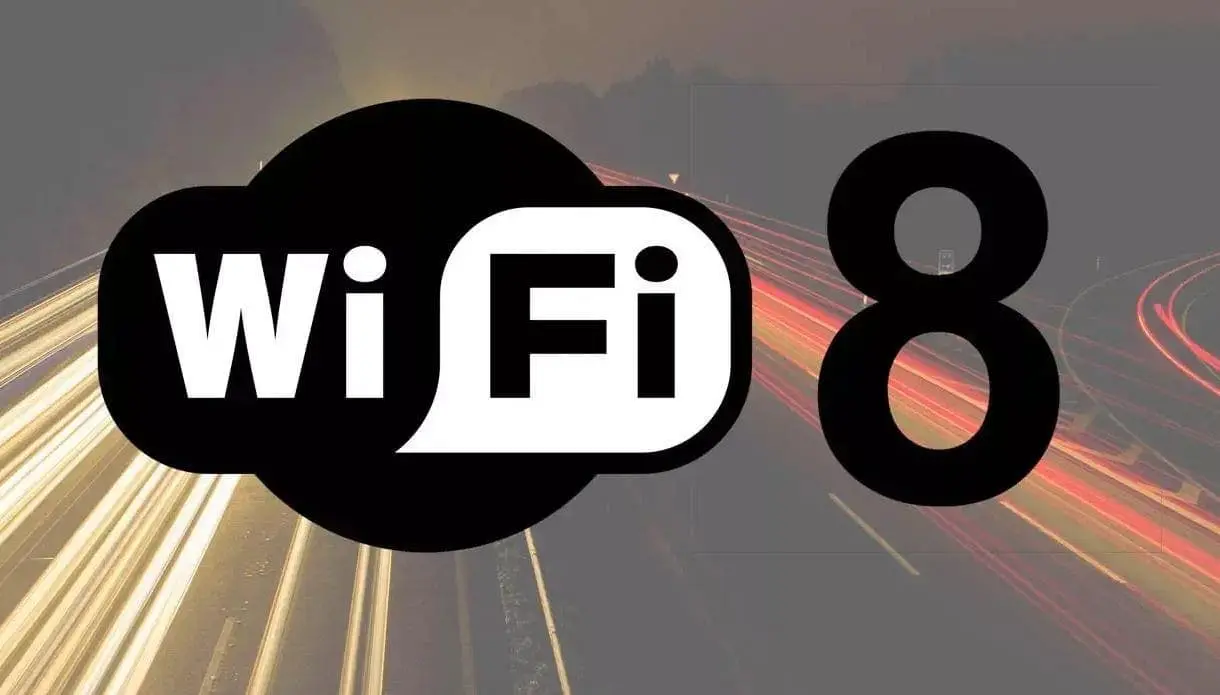Qualcomm Unveils Wi-Fi 8 Enhancements Promising ‘Wired Grade’ Reliability

Wi-Fi 8 is set to revolutionize wireless connectivity with significant enhancements in performance and reliability, as announced by Qualcomm. Currently under development as part of the ‘Ultra High Reliability’ (UHR) initiative, this next-generation wireless standard aims to introduce features like multi-access point coordination and seamless roaming. Although the finalization of Wi-Fi 8 is not expected until 2028, Qualcomm has already outlined several improvements that promise to elevate the reliability of wireless networks.
Enhancements in Network Performance
Qualcomm has shared insights from the IEEE scope document, highlighting that Wi-Fi 8 will deliver notable advancements in network performance. Key features include reduced latency at the 95th percentile, increased throughput in congested environments, and enhanced roaming capabilities between access points. These improvements will also extend to peer-to-peer (P2P) communication, making it more efficient. Furthermore, Wi-Fi 8 is designed to enhance power efficiency, aiming to provide “wired grade” reliability for wireless connections. This focus on performance is crucial as more devices become reliant on stable and fast internet connections.
The current standard, Wi-Fi 7 (IEEE802.11be), has already made strides in improving wireless performance over its predecessor, Wi-Fi 6. With faster transmission rates and flexible channel utilization, Wi-Fi 7 was developed under the Extremely High Throughput (EHT) initiative to optimize both indoor and outdoor connectivity. As Wi-Fi 8 approaches its development phase, it is expected to build on these advancements, ensuring that users experience even more reliable and efficient wireless networks.
Focus on Reliability and New Technologies
The UHR initiative, which Qualcomm is spearheading, emphasizes the importance of reliability in wireless networks. While Wi-Fi 7 and Wi-Fi 6 have focused on enhancing performance and efficiency, Wi-Fi 8 aims to address the growing demand for dependable connectivity. Qualcomm has identified five critical areas where Wi-Fi 8 will improve network reliability: seamless roaming across multiple access points, increased power efficiency for access points and client devices, better coexistence with other wireless protocols, enhanced edge performance, and improved coordination in high-density environments.
As technology continues to evolve, Qualcomm anticipates a surge in the use of new wireless devices, including augmented reality (AR) glasses and various wearables. Collaborations with major companies like Samsung and Google are already underway to develop AR glasses, which will likely benefit from the advancements brought by Wi-Fi 8. This focus on emerging technologies underscores the need for a robust wireless infrastructure capable of supporting innovative applications.
Future Prospects and Industry Collaboration
The IEEE802.11bn standard, which encompasses Wi-Fi 8, is still in the development phase and is projected to be finalized by March 2028. Despite the timeline, both Qualcomm and MediaTek are actively promoting the potential benefits of Wi-Fi 8 networks. Their contributions to the upcoming wireless standard are expected to pave the way for a new generation of devices that will support these advancements by the end of the decade.
As the industry moves forward, the collaboration among leading tech companies will play a crucial role in shaping the future of wireless connectivity. With the anticipated improvements in Wi-Fi 8, users can look forward to a more seamless and reliable internet experience, accommodating the increasing demands of modern technology and connectivity.
Observer Voice is the one stop site for National, International news, Sports, Editor’s Choice, Art/culture contents, Quotes and much more. We also cover historical contents. Historical contents includes World History, Indian History, and what happened today. The website also covers Entertainment across the India and World.

